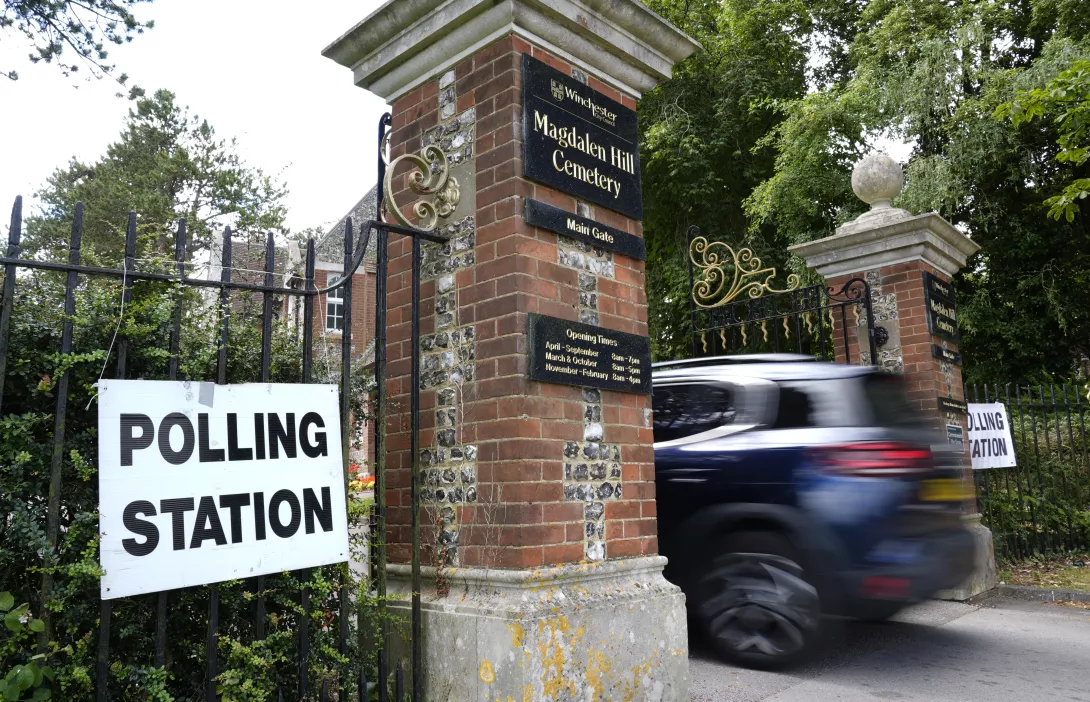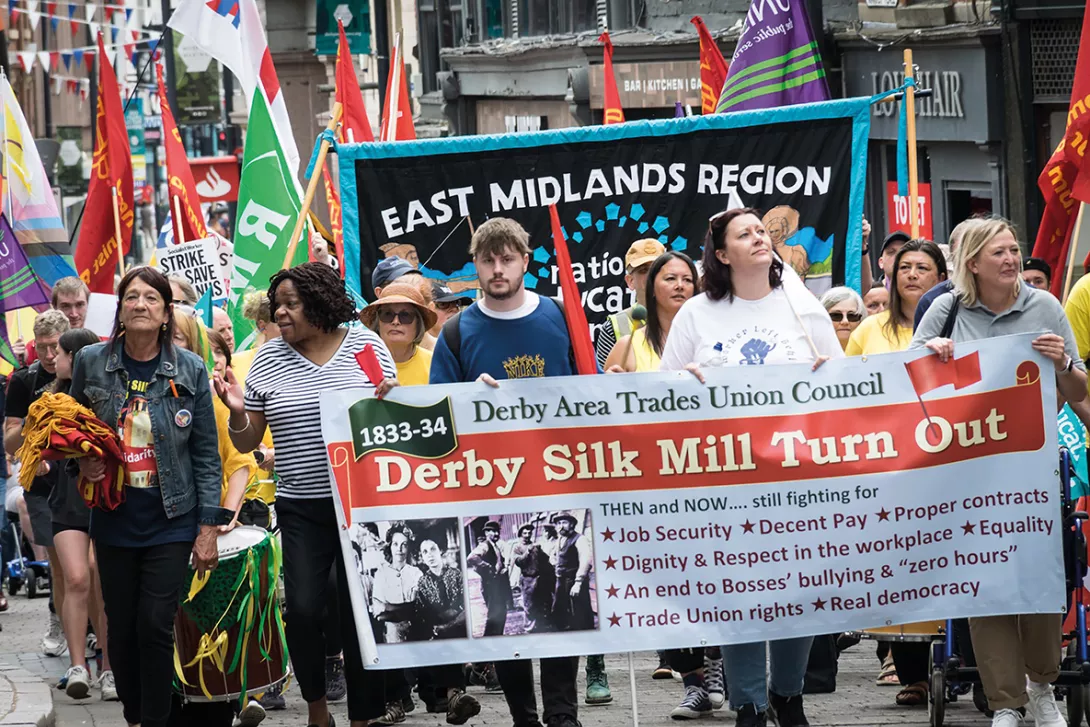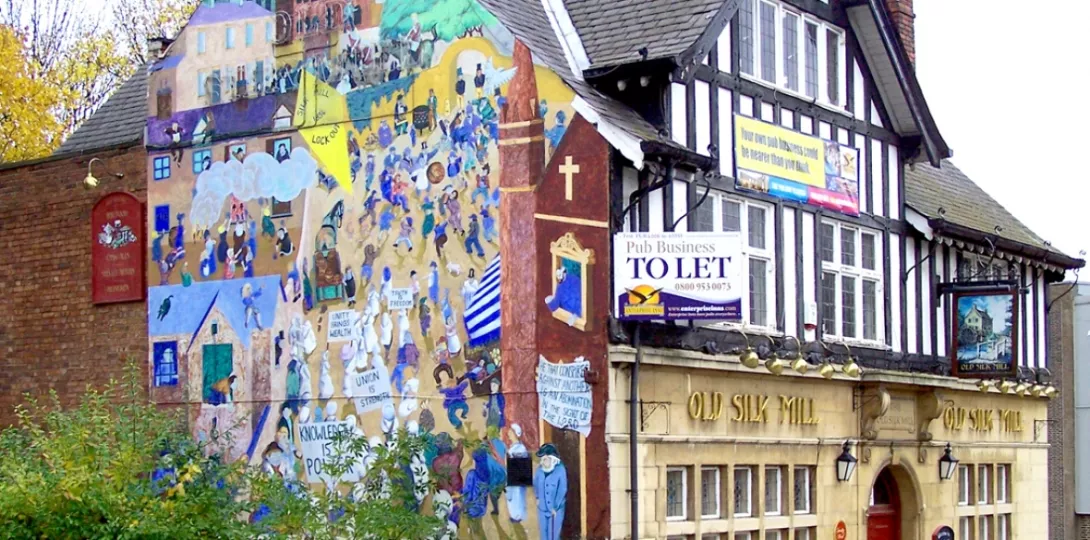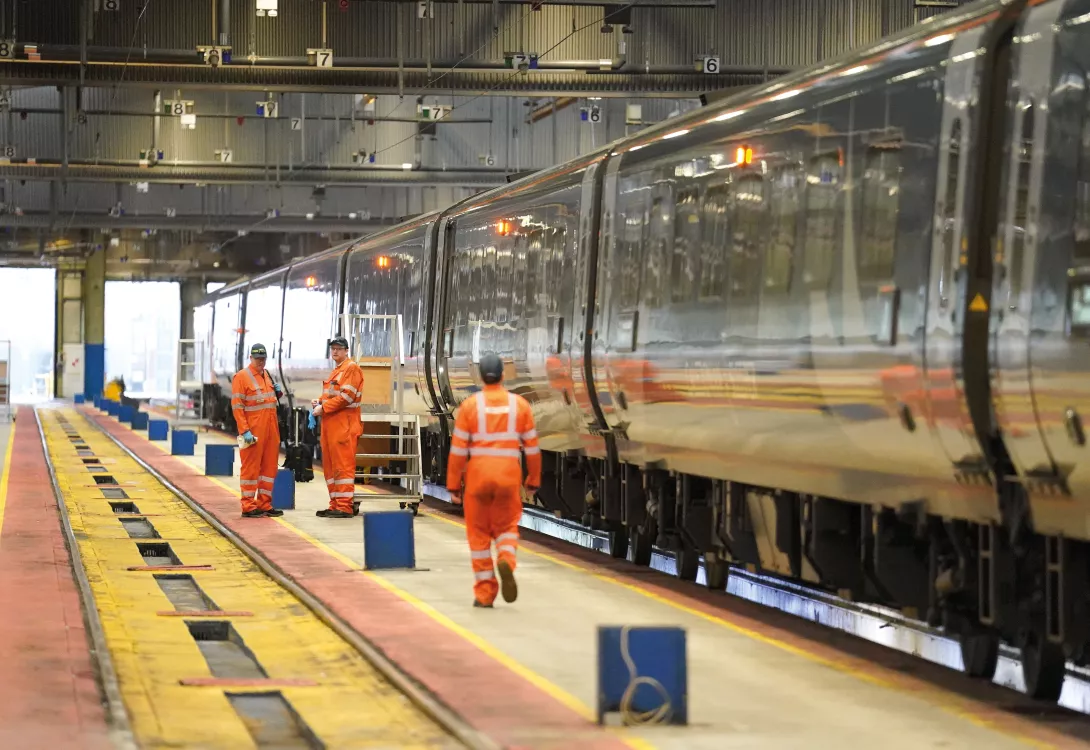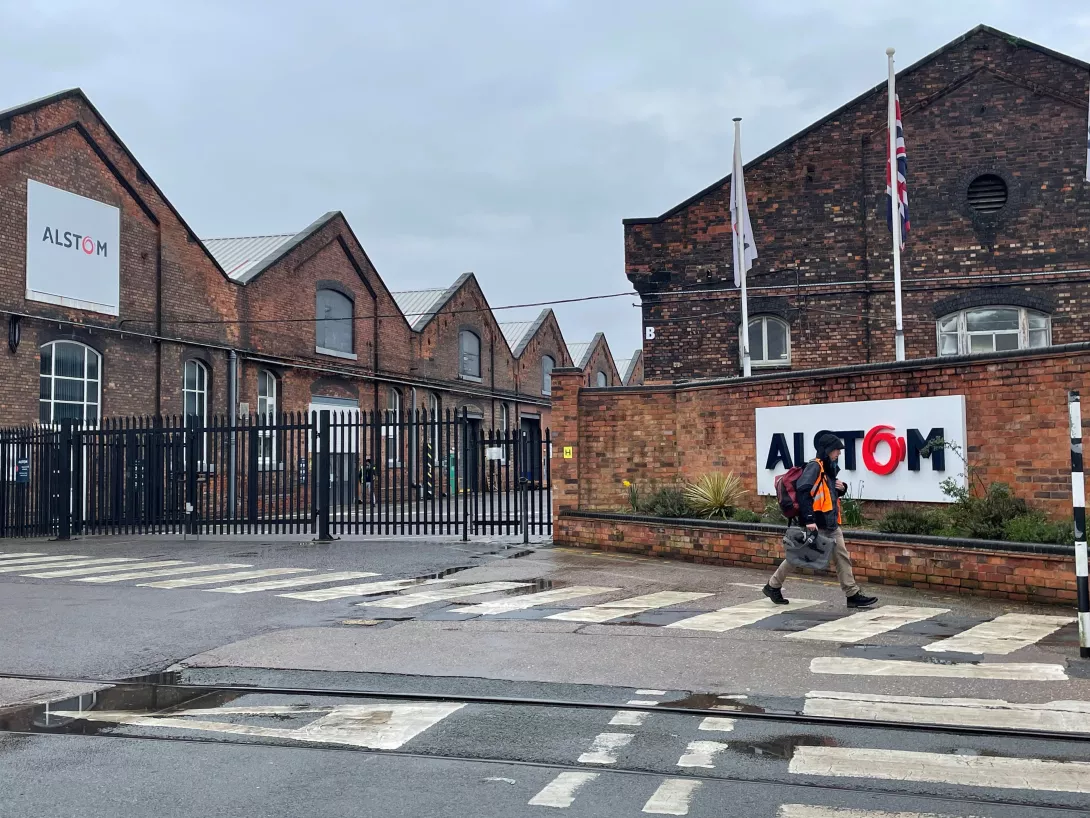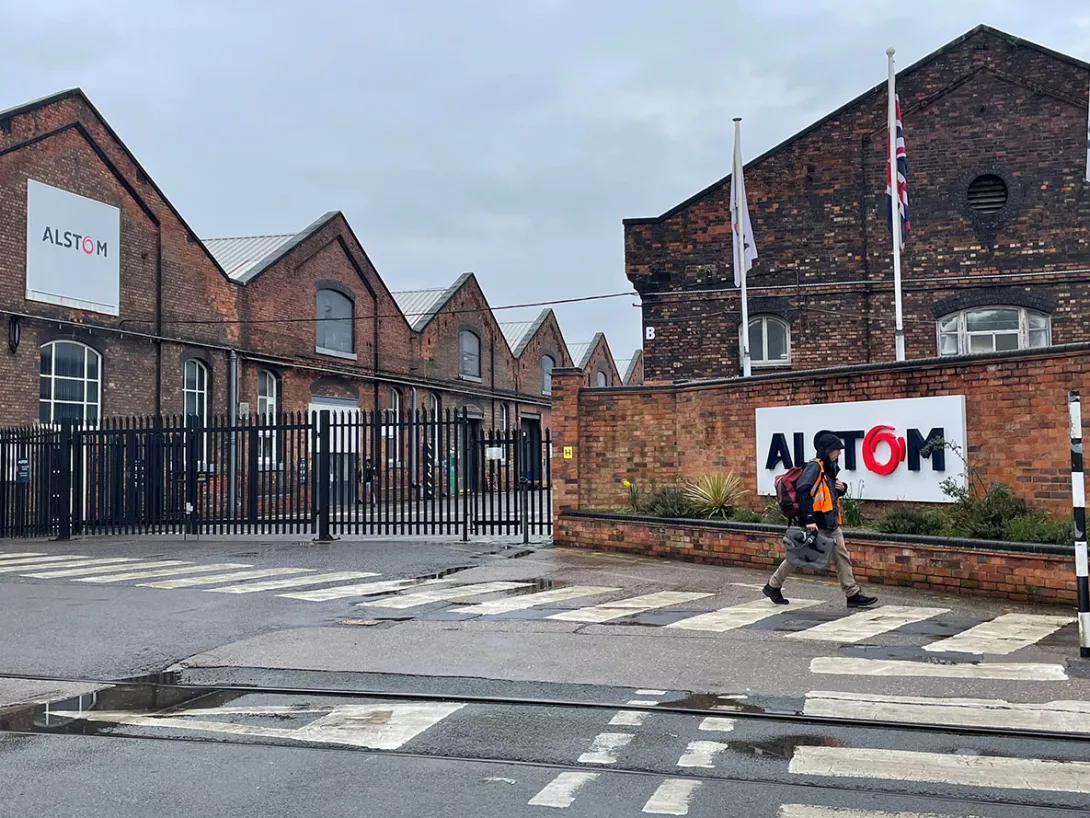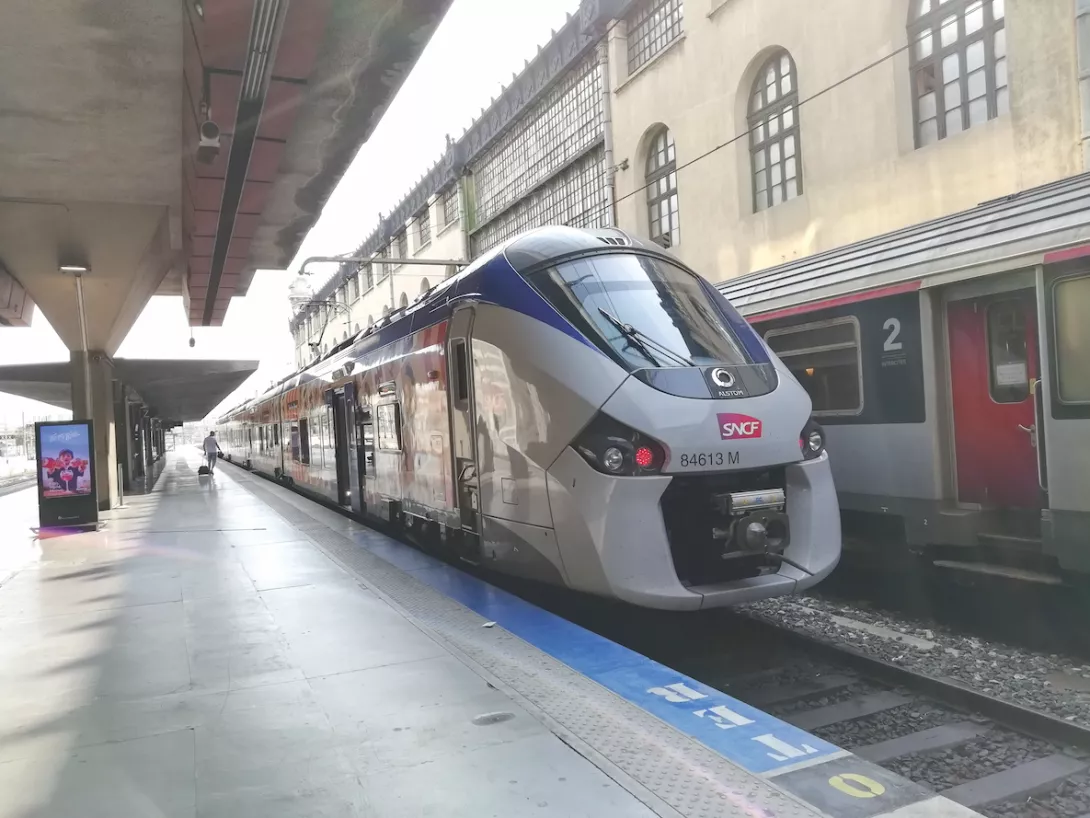
ONCE again the future of railway engineering in Derby – and the whole of Britain – is under threat, as Alstom, the current transnational corporation (TNC) owners of this vital national asset, set about slashing 1,300 workers from its 2,000-strong workforce, making future operations unviable.
But a public community campaign has been launched by the Derby People’s Assembly to back up trade union efforts to prevent the job losses and potential closure. A People’s Assembly petition – supported by the trades unions’ social media – has attracted 1,500 signatures in just a few days and continues to pick up momentum. https://chng.it/xBK9wjp8zK
Back in 2011 the industry faced a very similar threat when the then owners, Bombardier – another TNC – took a similar position when the Tory government placed a contract for trains with its TNC rival, Siemens.

